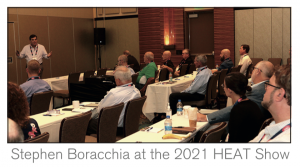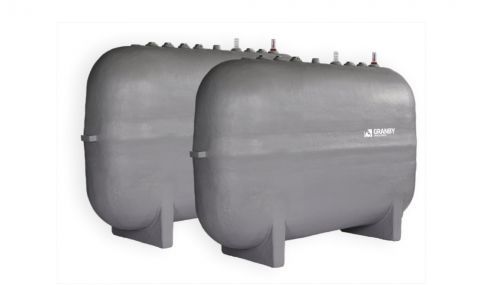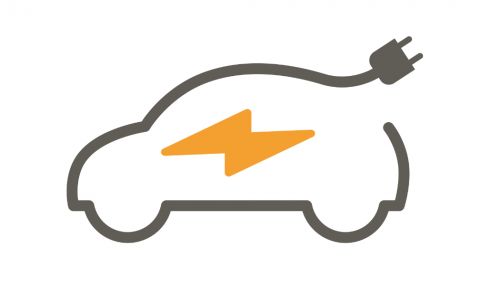All
Smooth Operations

Need-to-know info for the transition to B20 and beyond
On September 13, Stephen Boracchia and Clint Graham of fuel additive manufacturer ET Products presented “Making a Smooth Transition to B20 this Winter” at the 2021 HEAT Show. The presentation covered quality control measures that fuel marketers should undertake as they begin to roll out higher blends of biodiesel.
One of the first pieces of advice Boracchia dispensed was to know what kind of biodiesel your fuel supplier buys and sells, i.e., whether it comes from vegetable- or animal-based feedstock. Sophisticated biorefiners can produce end products with similar specifications using a variety of feedstocks, but vegetable-based feedstocks traditionally offer better cold flow properties, including lower cloud point.
Boracchia said that fuel specs should be readily available from any supplier. Additionally, suppliers should be able to provide insight on biodiesel storage and some of the issues that have been known to crop up in cold climates. Fuel sample testing should also be readily available and is strongly encouraged for all new customer tanks. Graham added that testing protocol for biodiesel producers in the Midwest — where ET Products has treated higher bio blends for years — should be useful for Northeast fuel distributors due to the regions’ similar winter conditions.
That being said, the additive suppliers were quick to point out that many of the issues most commonly associated with biodiesel are not actually caused by the fuel itself. For example, catalysts such as copper components can accelerate fuel degradation, but this is just as common with ultra-low sulfur heating oil as with biodiesel, according to the National Oilheat Research Alliance (NORA). Additionally, water contamination can occur at the terminal or in customer tanks that weren’t properly leveled when installed.
To mitigate fuel quality issues, Boracchia said, marketers need to regularly test their products and know the right questions to ask when problems do arise. Asking the wrong questions or conducting the wrong tests could end up exacerbating a problem. Therefore, technicians should be well trained in fuel handling and maintenance.
Likewise, fuel marketers should become familiar with their suppliers’ testing procedures and quality control processes, and of course, purchase biodiesel only from reputable suppliers. At the end of the day, the transition to B20 is typically much smoother for companies selling products that go above and beyond the minimum fuel quality specifications recommended by ASTM and NORA.
Related Posts
 U.S. Competing to Secure Critical Minerals
U.S. Competing to Secure Critical Minerals
Posted on June 16, 2025
 The Clean Air Act, the EPA, and State Regulations
The Clean Air Act, the EPA, and State Regulations
Posted on May 14, 2025
 Day Tanks Support Back-up Generators in Extreme Conditions
Day Tanks Support Back-up Generators in Extreme Conditions
Posted on March 10, 2025
 Major Breakthrough in Lithium-Ion Batteries
Major Breakthrough in Lithium-Ion Batteries
Posted on February 12, 2025
Enter your email to receive important news and article updates.
